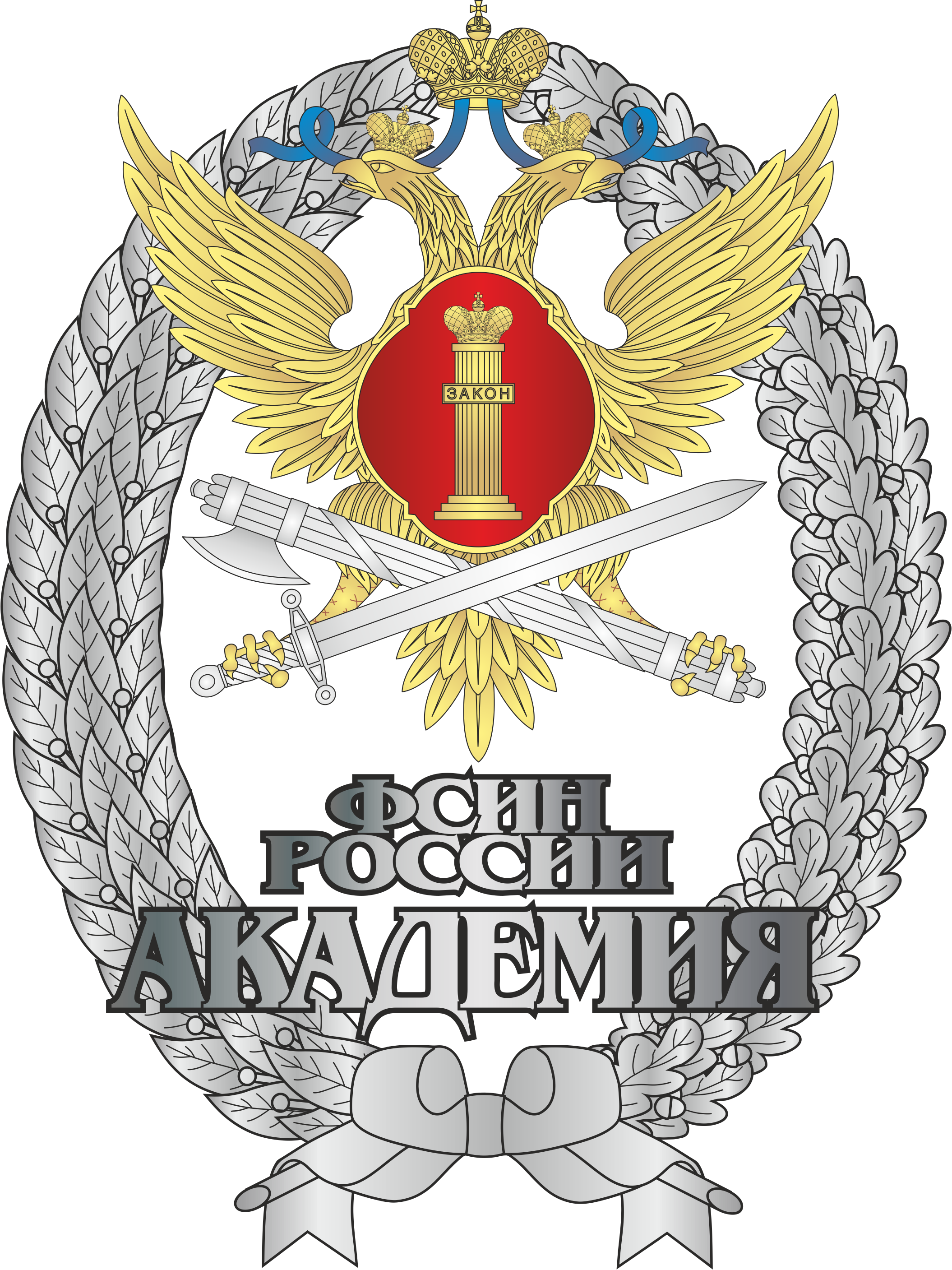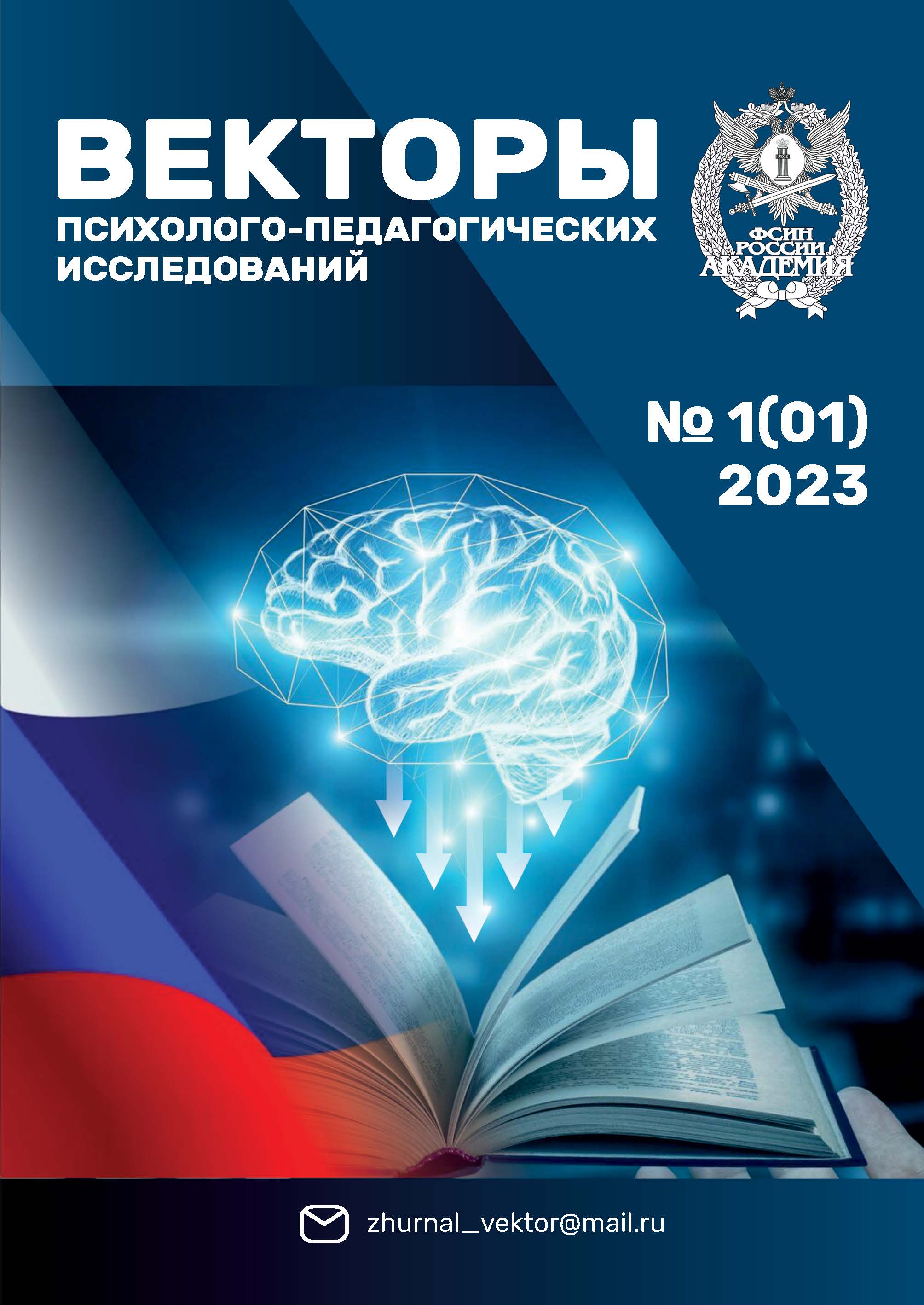Glazov, Russian Federation
Glazov, Russian Federation
UDC 373.1
The article presents the results of work on the implementation of pedagogical support for children with special educational needs raised in bilingual families. The Republic of Kazakhstan, where bilingual families are sufficiently represented, is taken as the basis for the comparative analysis. The results of bilingual interaction can be traced at almost all levels, but the most interesting from the point of view of social psychology, pedagogy and linguistics is the nature of the use of words, since vocabulary has close and extensive links with non-linguistic reality. In modern scientific literature, general issues of bilingualism are considered from the point of view of linguistics, psychology, psycholinguistics, sociology, but not from a pedagogical point of view. It is noted that the number of native speakers of the Kazakh language is gradually increasing among the younger generation in Kazakhstan. Young people often speak Kazakh better than their parents. At the same time, the peculiarity of Kazakh bilingualism is that its second component is the functionally powerful Russian language.
bilingualism, senior preschoolers, pedagogical support for students with special educational needs
1. Alekseeva, M. M. & Jashina, V. I. 2000, Methods of speech development and teaching the native language to preschoolers: study guide, 3rd edn, The academy, Moscow.
2. Astashova, N. A. & Skrjabina, D. Ju. 2023, ‘Classification of spiritual values: the axiological approach’, Bulletin of pedagogical experience, iss. 1, pp. 12-18.
3. Balyhina, T. M. 2007, Methods of teaching Russian as a non-native (new) language: study guide, Peoples' Friendship University of Russia, Moscow.
4. Bochenkova, M. Ju. 2016, ‘Bilingualism and the bilingual environment as a socio-cultural and psychological-pedagogical phenomenon’, Koncept, iss. 2, pp. 586-590.
5. Vereshhagin, E. M. 2014, Psychological and methodological characteristics of bilingualism (bilingualism), Direkt-Media, Moscow.
6. Gvozdev, A. N. 2007, Questions of children's speech, Childhood Press, Moscow.
7. Darkulova, K. N. 2019, ‘Speech therapy in Kazakhstan: the history of its formation and current state’, in V. P. Krjuchkov, O. V. Koshheeva & T. A. Bochkareva (eds.), Special education and socio-cultural integration - 2019: formation of communicative and speech competence in the context of inclusion: collection of scientific articles based on the materials of the International Scientific and Practical Conference, Saratov, October 11-12, 2019, pp. 146-153, Saratov source, Saratov.
8. Dzhanieva, T. S. 2015, ‘The implementation of the ethnocultural traditions of the Kazakh people in the system of comprehensive psychological and pedagogical support and rehabilitation of children with motor disorders’, OSU Scientific Notes, A series of Humanities and Social Sciences, iss. 3, pp. 307-312.
9. Dzhuraeva, M. N. & Nasyrova, A. B. 2018, ‘Bilingualism in Kazakhstan’, Philological discoveries, iss. 6, pp. 42-46.
10. Duginova, E. A. 2009, The system of working with students in bilingualism: methodological recommendations for specialists, teachers of educational institutions, parents, Novokujbyshevsk.
11. Matushanskij, G. U., Kamaleeva, L. S. & Shakurova, M. F. 2022, ‘Pedagogical support of the educational process’, Kazan Pedagogical Journal, iss. 3, pp. 59-68.
12. Charykova, O. N., Popova, Z. D. & Sternin, I. A. 2012, Fundamentals of the theory of language and communication: study guide, Flinta, Nauka, Moscow.
13. Stolbihina, M. V. 2017, ‘The concept of bilingualism and its classification’, in Educational Social Network “nsportal.ru”, 16 September, viewed 10 June 2023, https://nsportal.ru/nachalnayashkola/logopediya/2017/09/16/ponyatie-bilingvizma-i-ego-klassifikatsiya.
14. Harenkova, A. V. 2013, ‘Analysis of the peculiarities of the speech development of bilingual children’, Problems of modern education, iss. 2, pp. 160-167.
15. Shajahmet, A. K. 2014, ‘Formation of a bilingual personality in Kazakhstan’, Multilingualism in the educational space, iss. 6, viewed 7 April 2023, https://cyberleninka.ru/article/n/formirovaniebilingvalnoy-lichnosti-v-kazahstane.
16. Shajahmetova, A. K. 2007, ‘On the socialization of bilingual children', in L. N. Chumak (ed.), Language and Society: Proceedings of the VII International Scientific Conference, Minsk, December 1-2, 2006., in 2 vols, vol. 1, pp. 48-51, RIVSh, Minsk.








